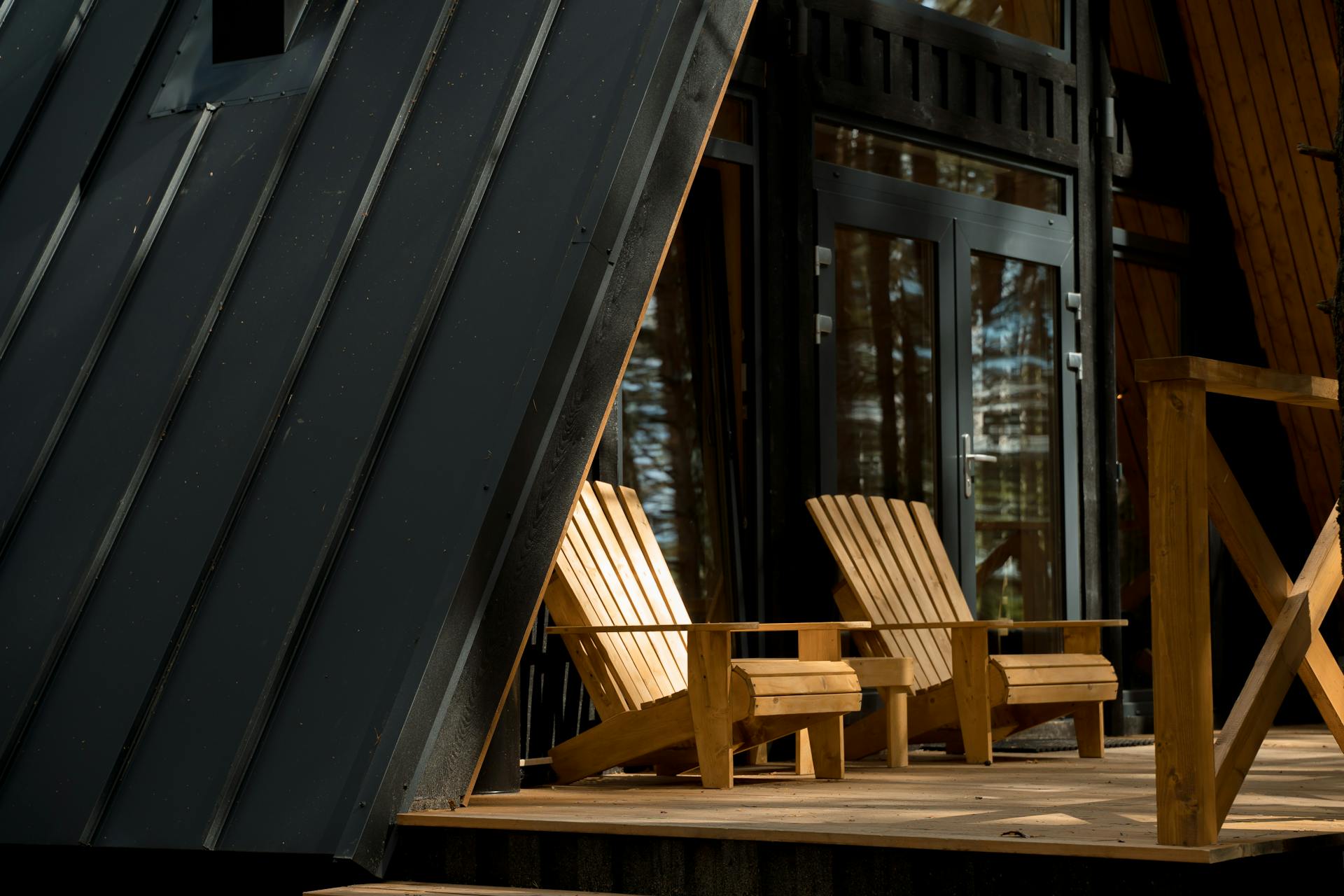

Question: Is a Cottage a Good Investment in Canada?
Answer: Whether a cottage is a good investment in Canada depends on various factors such as location, market trends, rental potential, and personal use. While cottages can appreciate in value and provide rental income during peak seasons, they also come with ongoing maintenance costs and property taxes.
Is a Cottage a Good Investment in Canada? The Investment Potential of Recreational Property
The allure of lakeside living beckons many Canadians. The dream of owning a cottage – a place for relaxation, family gatherings, and escaping the city bustle – is powerful. But beyond the emotional appeal, is a cottage a sound investment? Let’s delve into the financial considerations and potential benefits and drawbacks of cottage ownership in Canada. [ 1 ]
Weighing the Financial Advantages: Potential for Appreciation and Rental Income
While not guaranteed, cottage properties can offer some financial advantages. Here’s a closer look at the potential benefits:
-
Appreciation in Value:
Real estate, including cottages, has a history of appreciating in value over time. This can be a positive long-term investment, especially in desirable cottage locations. -
Rental Income:
Cottages can be a source of rental income, offsetting ownership costs. Platforms like Airbnb have made short-term rentals more accessible for cottage owners. -
Tax Benefits:
In some cases, principal residence exemption rules might apply to cottages under specific conditions. Consulting a tax advisor is crucial to understand eligibility.
It’s important to remember that these advantages come with caveats. For instance, appreciation in cottage markets can be slower and more volatile compared to urban real estate. Rental income may not always be consistent, and managing short-term rentals requires effort.
Click here for more info on real estate in Caledon
Related Article: What are the Benefits of Owning a Cottage?
Related Article: What are the Disadvantages of Owning a Cottage?
The Financial Realities: Considering Ongoing Costs and Maintenance
Owning a cottage comes with a unique set of ongoing costs that shouldn’t be underestimated. Here’s a breakdown of some key financial considerations:
-
Property Taxes and Utilities:
Property taxes on cottages can vary depending on location and amenities. Utilities like electricity and propane may also be more expensive in remote areas. -
Maintenance and Upkeep:
Cottages, especially those in rustic settings, often require more frequent maintenance compared to urban homes. This can include repairs to docks, roofs, and seasonal systems like wells and septic tanks. -
Seasonalization:
Cottages are primarily used during specific seasons. This means periods of vacancy where the property generates no income but incurs costs like property taxes and security measures. -
Travel Costs:
Factor in the ongoing transportation expenses associated with visiting your cottage. Gas, car maintenance, or public transportation costs can add up over time.
Location, Location, Location: A Crucial Factor for Investment Potential
The investment potential of a cottage is heavily influenced by its location. Here’s why location matters:
-
Desirability:
Cottages in regions with natural beauty, good access to water, and proximity to amenities are generally more desirable and have higher investment potential. -
Seasonal Factors:
Consider the length of the usable season. Cottages in areas with short summers may have a smaller rental window, impacting potential income. -
Accessibility:
The ease of access from major cities can affect both property value and potential rental demand. A remote cottage may be charming but inconvenient for frequent visits. -
Future Development:
Research potential development plans in the area. Construction or changes in zoning regulations can affect the property’s value and enjoyment.
Beyond Finances: The Lifestyle Impact of Cottage Ownership
While the financial aspects are important, the lifestyle impact of cottage ownership shouldn’t be ignored. Here are some factors to consider:
-
Time Commitment:
Maintaining a cottage requires a significant investment of time beyond simply enjoying it. Opening and closing the cottage for seasons, ongoing maintenance, and security checks all require effort. -
Impact on Social Life:
Frequent trips to the cottage can affect your social life in your primary residence. Missing local events or spending less time with friends and family can be a downside. -
Sharing Responsibilities:
If you plan to co-own a cottage, clear communication and division of responsibilities regarding maintenance and upkeep are essential to avoid conflict.
Making an Informed Decision: Consulting Professionals and Considering Your Needs
Ultimately, deciding if a cottage is a good investment depends on your individual circumstances and goals. Here are some steps to take:
-
Consult a Financial Advisor:
A financial advisor can assess your financial situation and determine if a cottage aligns with your long-term investment goals. -
Talk to a Real Estate Agent:
A real estate agent specializing in cottage properties can provide valuable insights on specific markets and potential costs. -
Consider Your Needs and Lifestyle:
Honestly evaluate how often you’ll realistically use the cottage and if the lifestyle changes associated with ownership align with your priorities.
Click for more information about Jen Jewell
By carefully considering the financial implications, potential returns, and impact on your lifestyle, you can make an informed decision about whether investing in a cottage is the right move for you.
References
1. https://www.theglobeandmail.com/globe-investor/personal-finance/is-a-cottage-a-good-investment/article4318842/


